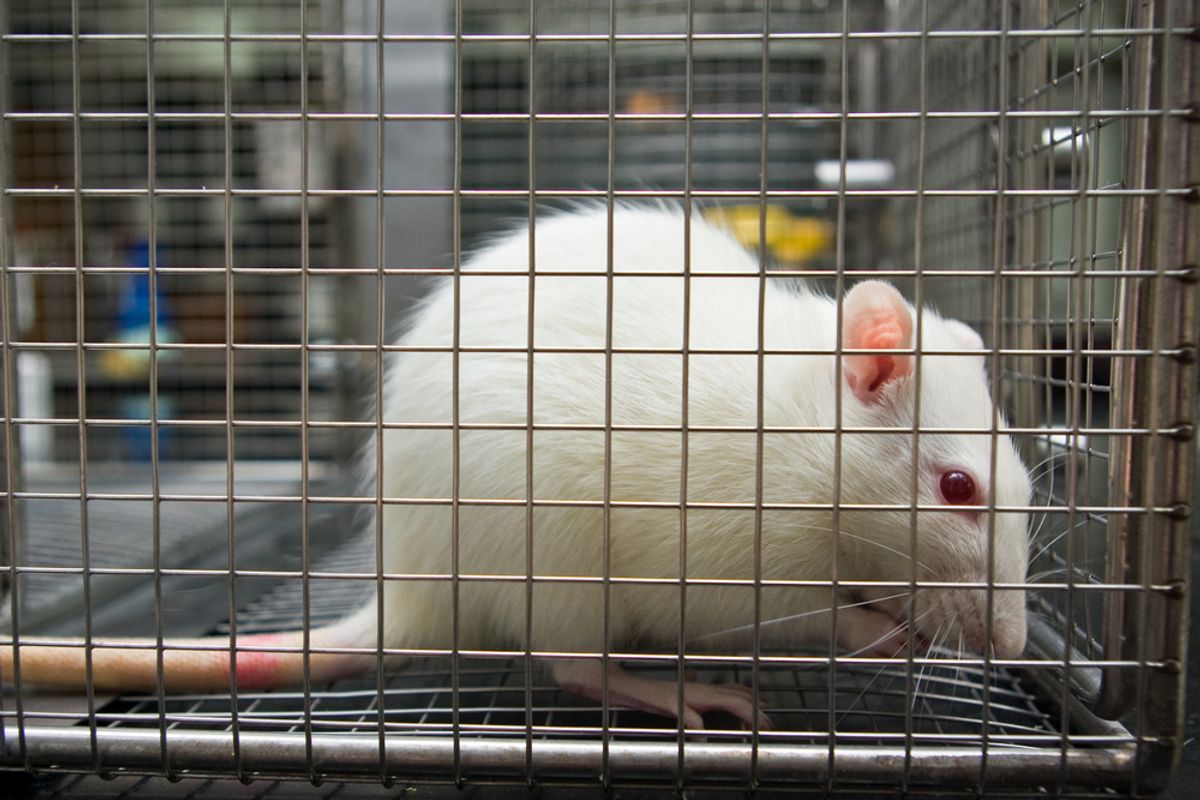The U.S. National Institutes of Health (NIH) announced on Tuesday that it would award $10.1 million dollars in supplemental funding to 80 researchers in order to study the the effects of the sex of a subject -- animal or human -- in both preclinical and clinical studies.
Performing laboratory experiments on male test animals, has historically been the standard. NPR explains that "sometimes they deliberately choose male mice, because scientists worry that the cycling reproductive hormones in female animals might make it harder to interpret the results." (Which the Verge points out, is an incorrect assumption). Also, male scientists may have had a bias in selecting male test animals. "Historically, scientists have been men, who have largely studied themselves," Arielle Duhaime-Ross wrote.
There are significant consequences to this bias -- inadvertent or not. It has been documented that in terms of treating diseases, male and female bodies have different responses. Men and women react differently to low doses of aspirin, they have different heart attack symptoms, women are more prone to Alzheimer's but recover more quickly from brain trauma.
Sex is clearly a variable in studies, yet, it is one that has historically been overlooked.
NIH Director Francis Collins and direct of the Office of Reserch on Women's Health Janine Clayton, are changing that.
"This investment encourages researchers to study females and males, and is a catalyst for considering sex as a fundamental variable in research," a statement from the NIH read. "The current overreliance on male subjects in preclinical research can obscure key findings related to sex that could guide later human studies."
Back in May of 2014, the NIH stated that in October of 2014, the agency would introduce new guidelines demanding that researchers perform equal testing on both male and female animal subjects. And with today's announcement, they are now backing that demand with funding.
The projects receiving funding will cover "basic immunology, cardiovascular physiology, neural circuitry, and behavioral health," the NIH stated.
And according to the Verge, who spoke to a researcher who received one of these grants, it is already making a difference -- allowing Brian Stauffer from the University of Colorado to "understand some of the unique aspect of heart failure in boys versus girls."

Shares